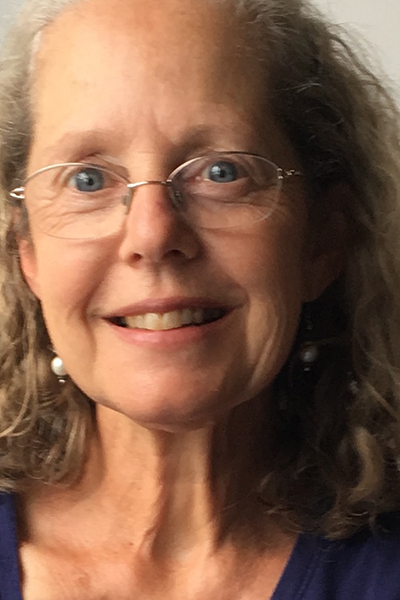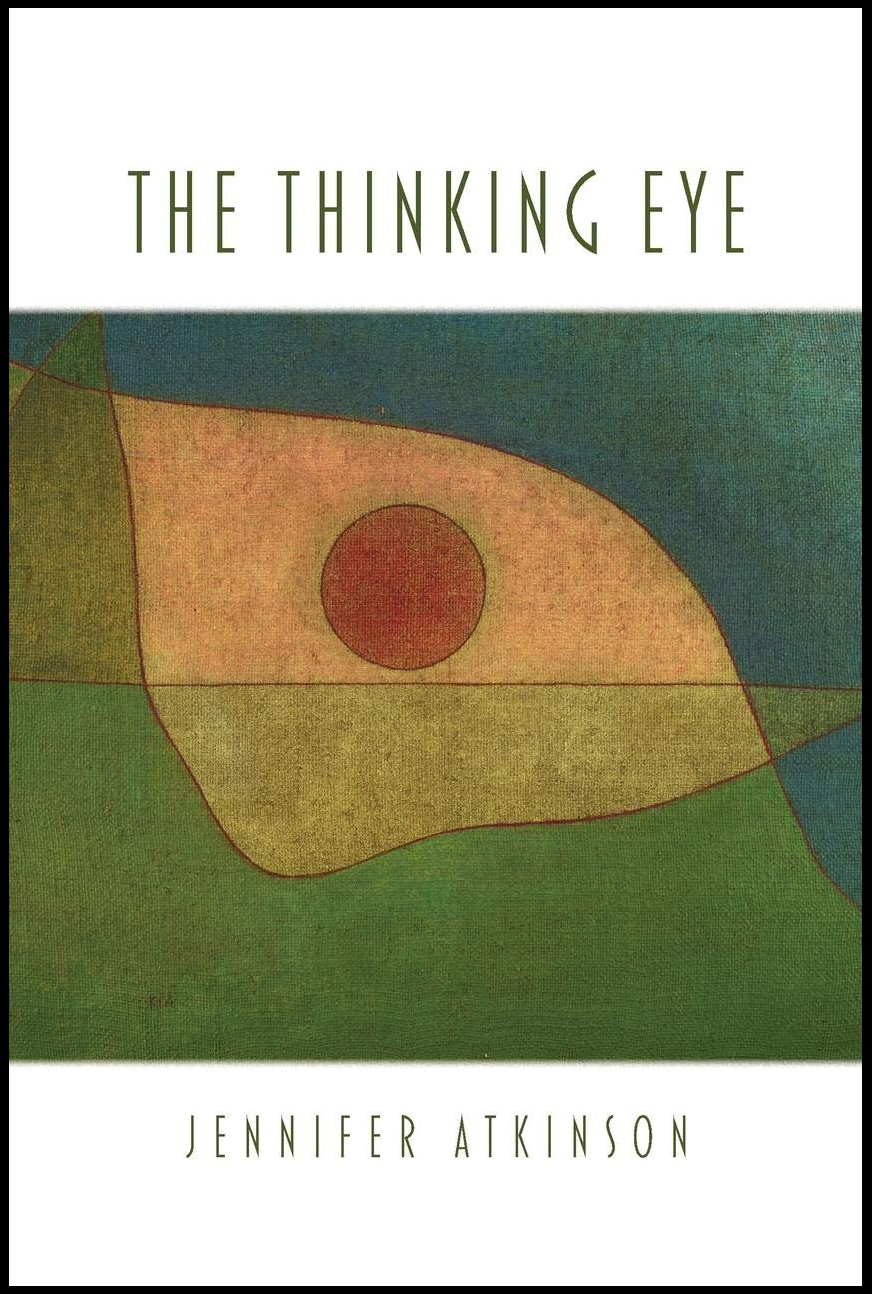Oat stalks hang their oat-heavy heads.Panic grass shakes in the windoff a goldfinch’s wing. Cause, effect, and cause.Drone, like the bee, of goldenrod and aster,tool of the stick-tight and cockleburr,I park and wade into high riverside grasses.A dog gnaws on a box turtle, a spider ridesa floating log, straining the air of its midges and leafbits.A fisherman lazy as late summer current, casts, reels, and casts.It occurs to me I am alive, which is to sayI won’t be soon. Robinson Jeffersfrom Carmel Point, in “an unbroken field of poppy and lupin”ashamed of us all (of himself ), took solace in time,in salt, water, and rock, in knowingall things human “will ebb, and all/ Their works dissolve.”Me, too. And I’m not always so patient. I’ve caught myselfwishing our spoiler species gone, just swept away,returned to rust and compost for more deserving earthly forms.Meanwhile, flint arrowheads turn up among the plasticpicnic sporks, the glacial crags and bottom silt.Hawks roost across the river on the now defunct nuclear power plant cooling tower,flotsam left at the human high water mark.Like mussel shells, like driftwood or seedpod,like the current’s corrugations in the sand.Here, on this side, a woodchuck sits up, lustrous,fat on her chestnut haunches, (she thinks herselfqueen of her narrow realm) and munches the fisherman’s crust.Who wouldn’t smile? Who doesn’t pity—and love—the woodchuck not only despite but for her like-human smugness?How can I not through her intercession forgive for now a few things human.
Landscape with Jeffers and the Connecticut River
Feature Date
- March 13, 2023
Series
- What Sparks Poetry
Selected By
Share This Poem
Print This Poem
“Landscape with Jeffers and the Connecticut River” from THE THINKING EYE: by Jennifer Atkinson.
Published by Parlor Press on December 17, 2015.
Copyright © 2015 by Jennifer Atkinson.
All rights reserved.
Reproduced by Poetry Daily with permission.

Jennifer Atkinson is the author of six books of poetry. The most recent, A Gray Realm the Ocean, won the Poets Out Loud prize, and was published by Fordham University Press in 2022. Individual poems have appeared in journals including Field, Image, Witness, Poecology, Tupelo Quarterly, The Missouri Review, and Cincinnati Review. She teaches in the MFA and BFA programs at George Mason University in Virginia.
Jennifer Atkinson's The Thinking Eye, her fifth collection, looks at the syntax of our living, evolving world, paying close attention to the actual quartz and gnats, the goats and iced-over, onrushing rivers. The poems also look at the looking itself-how places and lives become "landscapes" and the ways the lenses of language, art, ecology, myth, and memory-enlarge and focus our seeing. If it's true, as Gaston Bachelard says, that whether a poet looks through a telescope or a microscope, [she] sees the same thing, then what Atkinson sees is an earth filled with violence and beauty, human malice and ten thousand separate moments of joy. Clearly in love with the earth and the (English) language-all those inter-dependent lives and forms-Atkinson pays attention to both with a Bishoppy eye, a Hopkinsy ear, and an ecopoet's conscience. Behind the book's sharp images and lush music creaks Chernobyl's rusty Ferris wheel. (Parlor Press)
Poetry Daily Depends on You
With your support, we make reading the best contemporary poetry a treasured daily experience. Consider a contribution today.




